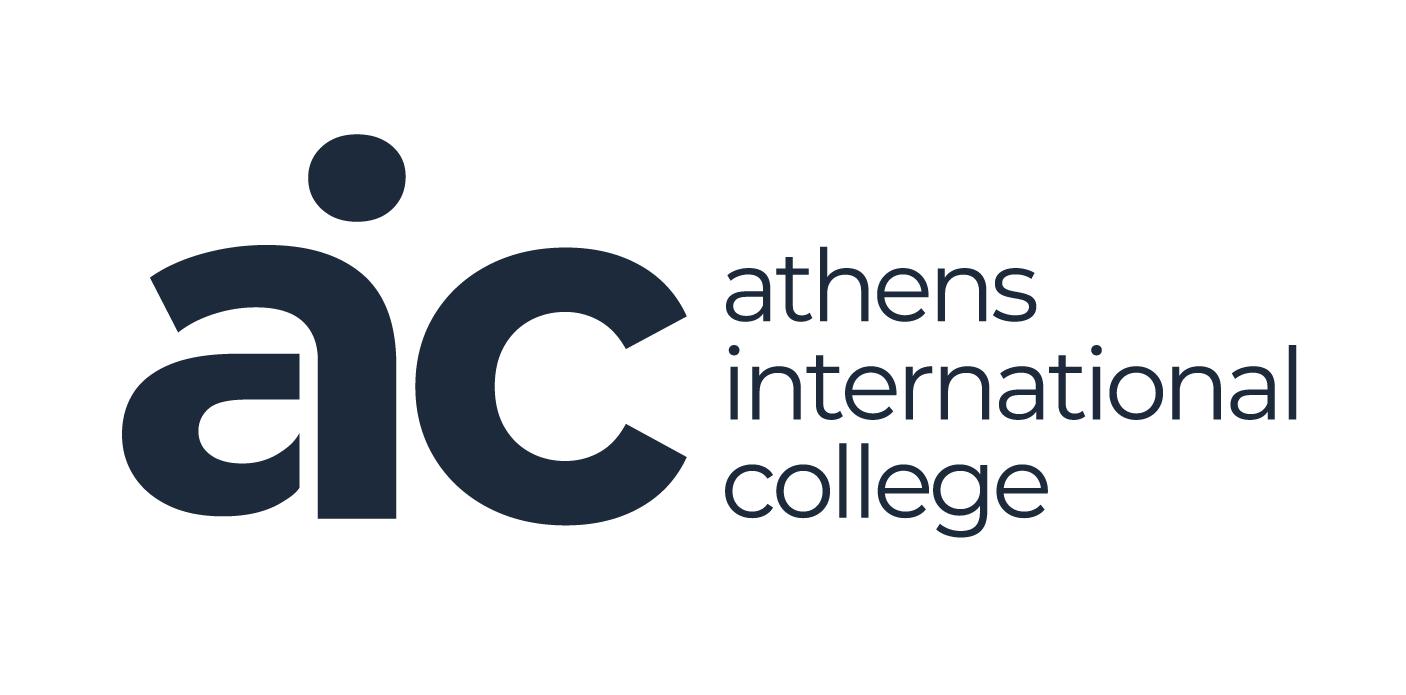The MBA in Digital Transformation is designed for:
-
Leaders who want to help their organizations become more agile, transforming them into drivers of innovation,
-
Senior Executives and professionals from all business sectors who wish to renew and deepen their knowledge, seeking the expertise required to lead in a digital world through the development of strategic understanding, organizational wisdom, and innovation-based capabilities,
-
Executives and Senior Managers who want to gain a deeper understanding of business digital transformation and strengthen their skills in strategy, leadership, and innovation,
-
Managers who see their future in digitalization and data science and want to acquire the necessary knowledge,
-
Data analysts, data scientists, and technical experts who want to enhance their leadership skills and gain a strong understanding of general management issues, along with expertise in innovative fields such as AI, AR, etc.,
-
Professionals who want to deepen their knowledge and build their ability to innovate, translating these skills into competitive advantage for their organizations—or for themselves—by acting as Business Consultants, Digital Transformation Advisors, and more.
Through participation in the MBA in Digital Transformation, students gain multiple benefits, including:
Acquisition of high-demand modern skills
Students gain expertise in areas such as data analytics, digital strategy, artificial intelligence, and digital project management—skills increasingly sought after in both the Greek and international job markets.
Career opportunities in fast-growing sectors
Industries such as fintech, e-commerce, digital marketing, and logistics are rapidly evolving and require professionals with a digital background, including roles in the public sector or traditional Greek businesses.
Enhancing the competitiveness of traditional businesses
Students can apply their knowledge to modernize family-owned or small and medium-sized enterprises in Greece, driving their digital transformation.
Access to international professional standards and technological trends
Through the program, students are exposed to global best practices, digital tools, and case studies, gaining a modern, international perspective.
Development of leadership skills in the digital world
Students learn how to lead teams and digital transformation projects, a critical skill for managerial positions in modern organizations.
Networking with technology and innovation professionals
The program connects students with market experts, consultants, and representatives from tech hubs and incubators in Greece.
Flexibility in career paths
Graduates can move across multiple sectors—technology, consulting, education, healthcare, tourism—since digital skills are transferable and applicable in any field.
The course aims to determine the value of information systems in business strategy, the importance of organizing IT departments as IT service providers, and the evaluation of modern integrated information systems.
The course aims to emphasize the importance of Human Resources as a key factor in creating competitive advantage. Within this framework, contemporary perspectives, strategies, and policies are analyzed to achieve this goal in a demanding business environment.
The course emphasizes accounting information, the analysis of financial statements, and the study of topics such as costing, pricing, leverage, investment strategy, business performance, auditing, and credit policy.
The course presents the fundamental theoretical principles, criteria, and quantitative/qualitative methods supporting the modern decision-making process in matters related to product manufacturing and service operations, aiming to enhance the efficiency and/or effectiveness of the business.
This course focuses on presenting the complete theoretical framework of Marketing Management, as well as the theoretical models and implementation tools.
Particular emphasis is placed on enabling students to apply and implement these concepts through the development of a Marketing Plan brief, addressing the marketing parameters of both the internal and external environment of a business or organisationa.
The course emphasizes the analysis of key macroeconomic variables (unemployment, inflation, interest rates, GDP, balance of payments, monetary and fiscal policy) and examines how changes in these variables affect a country’s investment strategy and developmental dynamics.
The course completes the first-year MBA curriculum, emphasizing environmental variables, the development of alternative strategies, their evaluation, and strategic-level decision-making by businesses.
The course explores strategy as a field of debate and emphasizes the need to understand cultural, social, ethical, and economic factors that shape strategy development within organizations. It trains students to engage more comprehensively in discussions about the strategy of their own and other organizations.
The course offers a critical study of the tools, models, and concepts for implementing sustainability strategies and policies in businesses and organizations. It reviews current and emerging ideas within the context of factors driving organizational changes necessary to respond to urgent sustainability and responsibility challenges.
Furthermore, the course investigates practices, innovations, and emerging approaches for integrating sustainability into business strategy and emphasizes the development of key competencies through Knowledge Management and Learning Organization theories.
This course focuses on the development of individual leadership skills, with particular emphasis on maximizing creativity at the individual, team, and organizational levels. Various contemporary leadership theories are examined, including transformational leadership, which is illustrated with examples and complemented by practical exercises.
Beyond theoretical foundations, significant emphasis is placed on personal development. Students assess their own leadership style using established measurements and, based on relevant theory, design an action plan that will guide their professional growth. The coursework requires the application of theory and critical analysis, contributing to the development of leadership competencies and personal leadership style.
The course unit “Digital Transformation and Project Management” introduces students to the principles of digital transformation and modern project management. It explores how globalization and digital technologies have accelerated the need for organizational change across virtually all sectors. Since every digital transformation involves change, these initiatives are implemented as structured projects requiring effective project management.
This unit examines:
-
the strategic framework of digital transformation and how to bridge the gap between an organization’s “current” and “future” state,
-
the formation and management of teams that support and execute digital strategies,
-
the application of project management methodologies and tools in real-world scenarios.
Teaching is delivered through case studies, interactive sessions, and lectures, enabling students to gain practical insight into the approaches and techniques required for successful digital transformation projects.
This unit introduces students to the major developments associated with recent and future industrial revolutions. It focuses on the impact of emerging technologies on the creation of new business models and practices. Each technology is examined in detail, with particular emphasis on how it transforms organizational operations and generates new revenue streams.
This unit introduces students to the key developments of recent and future industrial revolutions. It explores the impact of emerging technologies on the design of new business models and practices. Each technology is examined in depth, with a particular focus on how it transforms organizational operations and creates new revenue streams.
This unit introduces students to the fundamentals of Business Intelligence (BI) and Data Analytics. It covers techniques for managing organizational datasets and extracting actionable insights essential for strategic business decision-making. The course also examines the role and significance of BI in modern organizations, highlighting its contribution to improving efficiency and competitiveness.
This course introduces students to the study of human behavior in the workplace through the design of research projects, data collection and analysis, and the presentation of findings. It focuses on developing the knowledge and skills necessary for the successful completion of an independent research project.
The dissertation provides students with the opportunity to specialize in a chosen area of interest by conducting an independent, in-depth research project under the guidance of faculty actively engaged in research. Students are expected to evaluate and synthesize different research approaches, utilize secondary and/or primary sources, and analyze their findings in relation to existing theories. The dissertation serves as a strong demonstration of critical thinking, research capability, and business knowledge, all highly valued by prospective employers. It can also act as a foundation for further research, whether in a consulting context or through advanced academic study at the PhD level.
At Athens International College, we recognize that today’s manager must lead with vision, act with agility, and stay ahead in a rapidly changing environment. That is why we designed the AIC Upskilling Track — a dynamic learning experience that complements your studies with strategic, high-value executive seminars, providing access to practical, business-relevant knowledge across a range of critical areas. Each seminar is carefully crafted to bridge the gap between academic knowledge and management practice, ensuring that upon graduation, in addition to a strong academic degree, you will also have an enhanced executive toolkit.
All students are entitled to attend 2 seminars per year for free, and receive 50% off all Artificial Intelligence seminars.
For example, students of the MBA in Digital Transformation can attend:
- AI + Executive
- Sustainability, ESG & Purpose-Driven Business
- Cybersecurity for Managers
- Fundamentals of Deep Learning
Admission Requirements for Postgraduate Programs
- Bachelor’s degree from a Higher Education Institution (Technological Educational Institute or University) or equivalent professional qualifications
- Relevant professional experience
Applicants must complete an Application Form, which is evaluated on a case-by-case basis.
A satisfactory level of English proficiency is required to ensure comprehension of English-language texts.
Required Documents
- Copy of degree certificate or professional qualifications
- Four passport-sized color photos (3 × 4.5 cm)
- Copy of ID card
- Two reference letters
- Employment verification
- Curriculum Vitae (CV)
Attendance and Program Details
- Start Dates: October for the Fall semester or March for the Spring semester
- Duration: 1 year
- Class Schedule: Friday afternoons and Saturday mornings, every two weeks
- Language of Instruction: Courses and assessments (exams and assignments) are conducted in Greek
- Degree Awarded: The degree is awarded by the University of Winchester, U.K.
By enrolling at Athens International College, students are simultaneously registered at the University of Winchester, which also issues the corresponding student ID.













